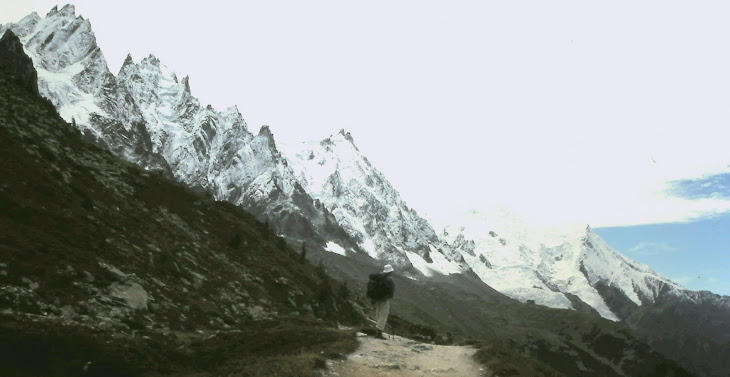‘In the evening we held our first service among the Cageveas; there, tight up in the mountains, we endeavoured to sing the songs of Zion. Then Elena began to sing the hymn she had translated. Although the music resembled a witch-doctor’s wail more than the original tune, her people were keenly interested and listened most attentively. Then we tried to tell them in the simplest language the story of man’s fall, his rebellion against his Creator, and his separation from God through sin, and of God’s love for sinful men and women. It was a wonderful, yet humbling, experience to stand in the midst of those who had never heard the Gospel, to bring before them the reality of sin, of death, and a coming judgment, and of an eternity that will never end, then to tell of God’s marvellous love revealed in the gift of His Son to pay the price of man’s redemption by His death on the Cross, and point them to the Lamb of God whose blood alone can cleanse the guilty soul from every sin. When finished, one felt somewhat embarrassed (perhaps through lack of faith) to see all present, men and women, trooping forward to express their desire to follow the Lord. Fearing that they did not understand the message given and what it entailed, we attempted to point out some of the difficulties they would encounter in the path, and what following the Lord meant; then we asked Elena to explain to them in their own language that the Christian life was one of self-denial; but to no purpose. On they came until every one in the audience expressed his or her desire to follow Christ as their Saviour. Never before had I such an experience’
The same happened in every village they went to, and went fierce opposition broke out later ‘in spite of the adversary many were standing true, desiring to follow the Lord cost what it might.’
.jpg)

